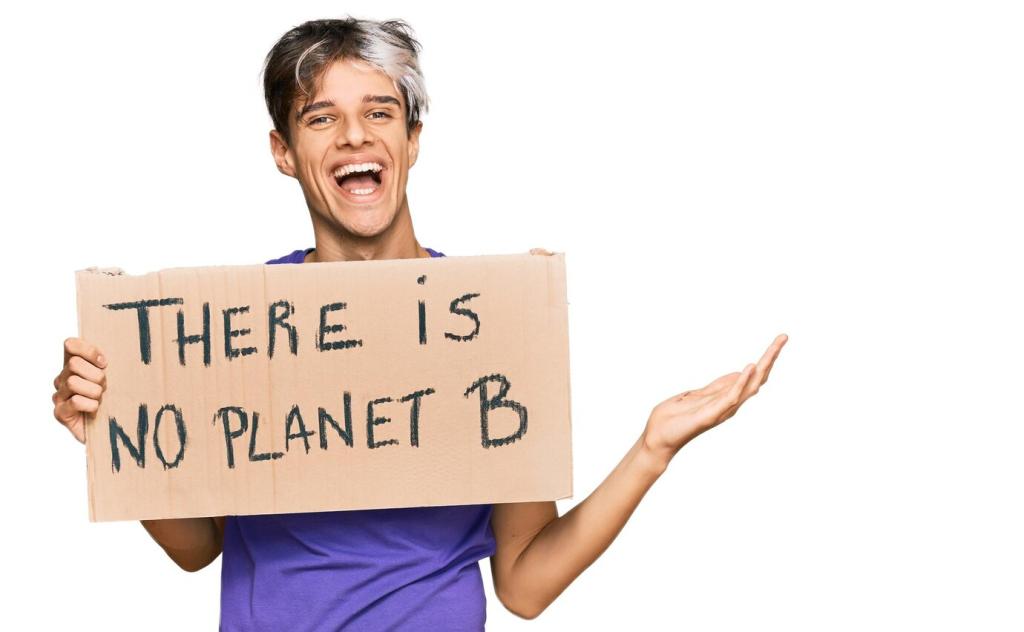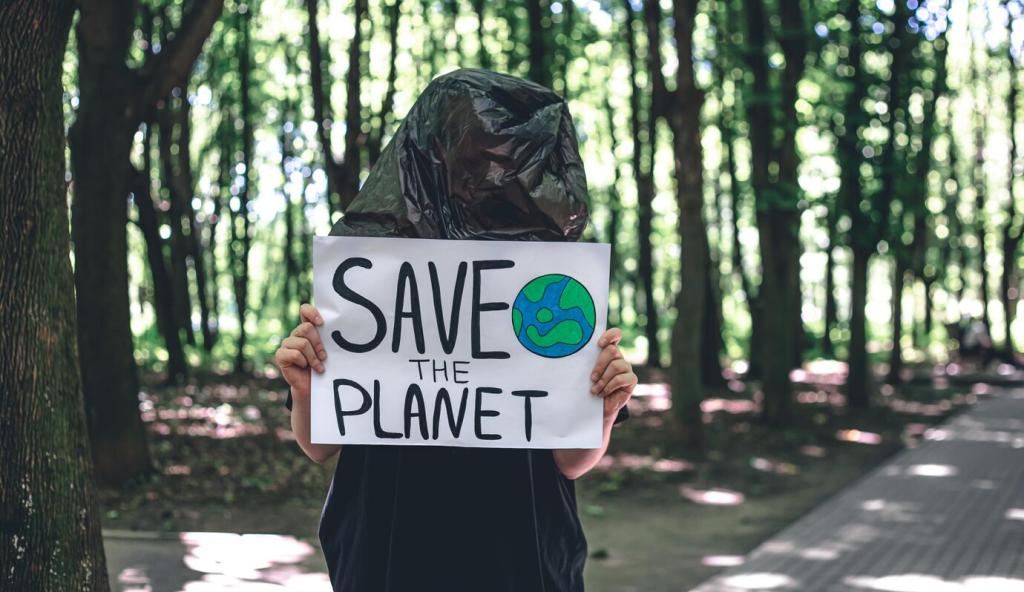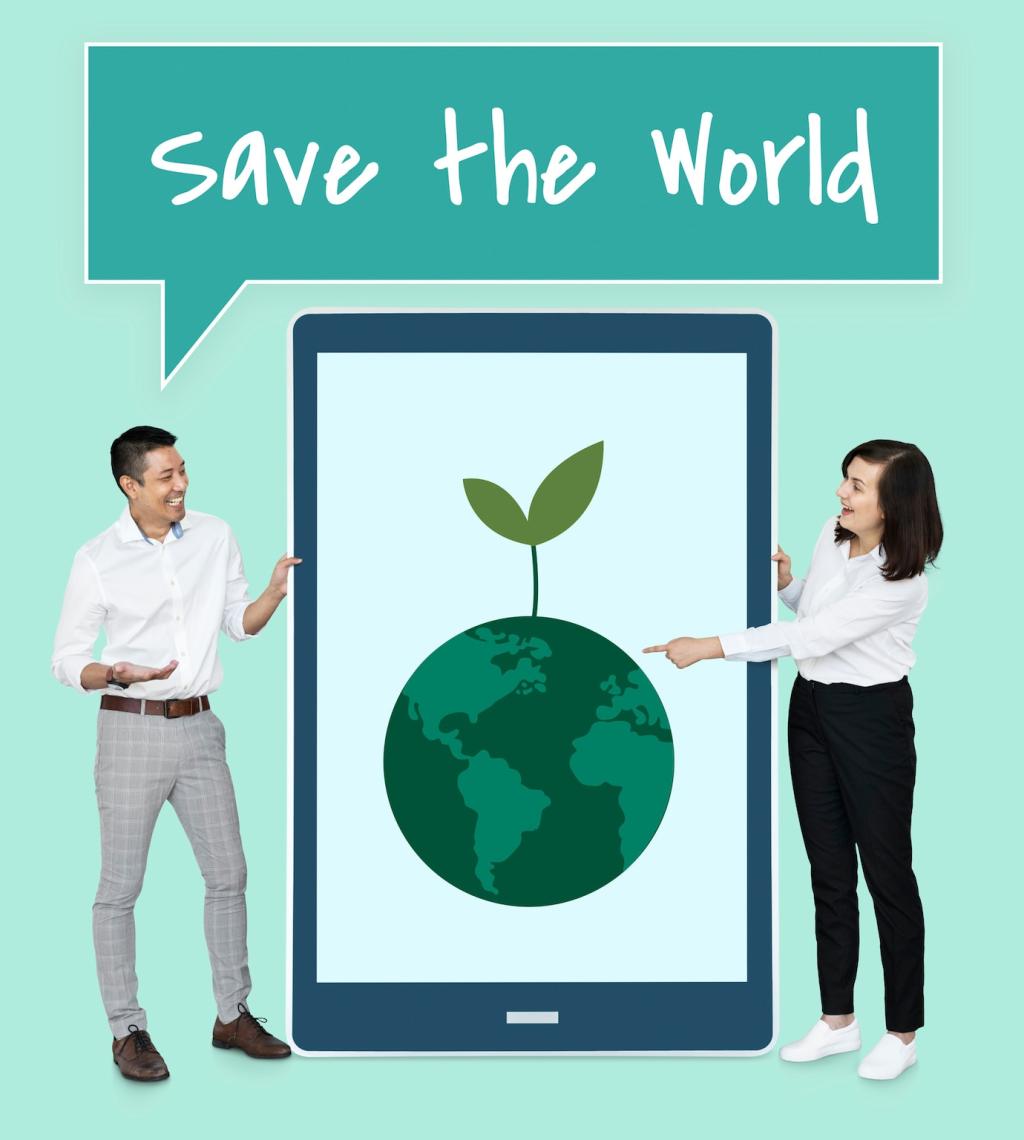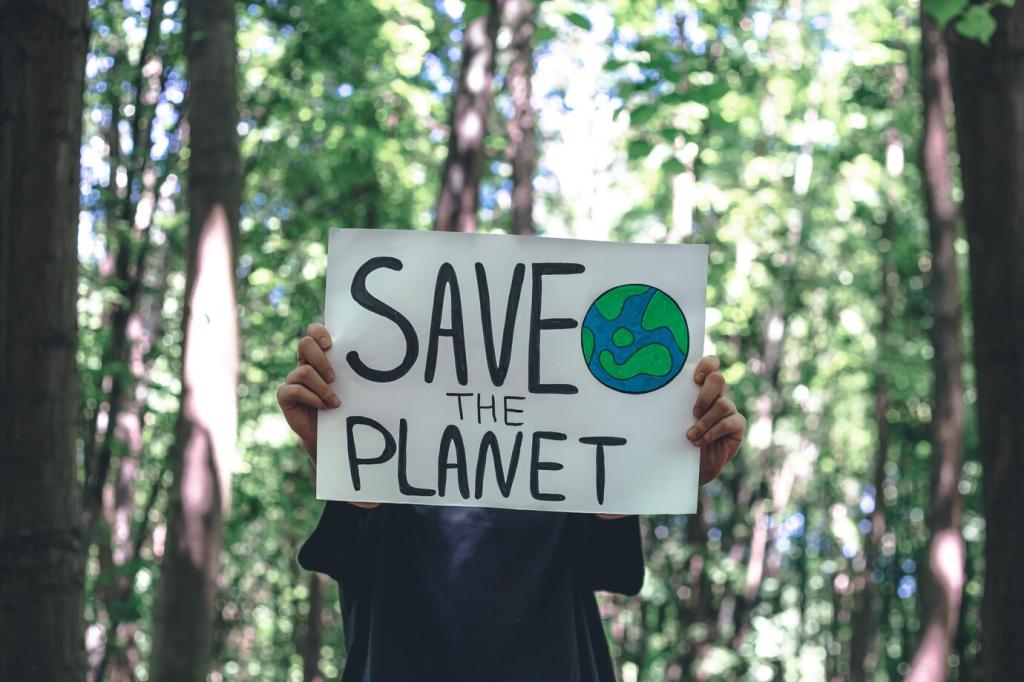Why Plastic Reduction Matters for Marine Life
Microplastics are now found from Arctic ice to abyssal trenches, entering marine food webs and traveling up the chain. Fish, plankton, and even corals face stress from ingestion and chemical additives. By reducing plastic at the source, we prevent these fragments from forming, protecting marine health before damage becomes irreversible. Share your microplastic-free swaps with us.
Why Plastic Reduction Matters for Marine Life
Rescuers in coastal communities routinely free turtles snarled in ghost nets and cut fishing lines from seabird wings. One volunteer told us about a juvenile green turtle released after hours of careful work. That life saved began with responsible disposal and fewer plastics entering the water. Tell us how your community reduces entanglement risks.







